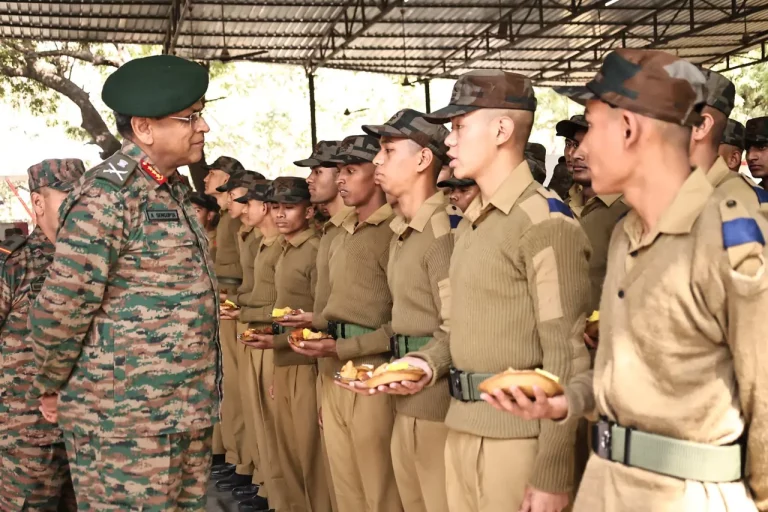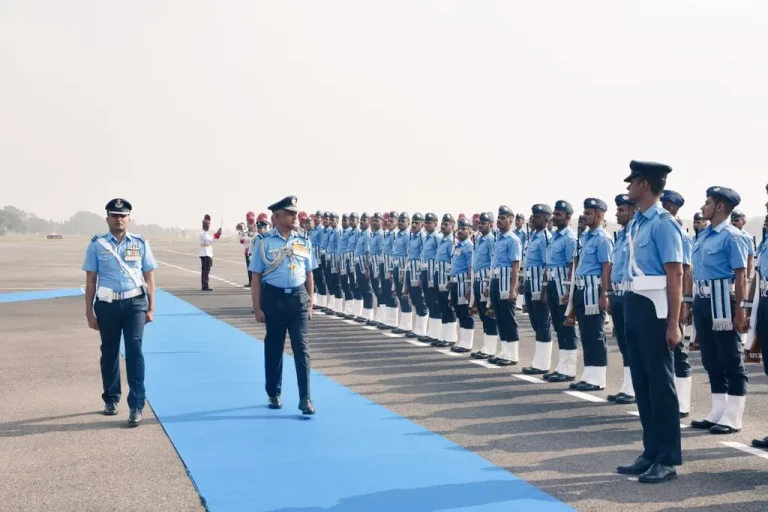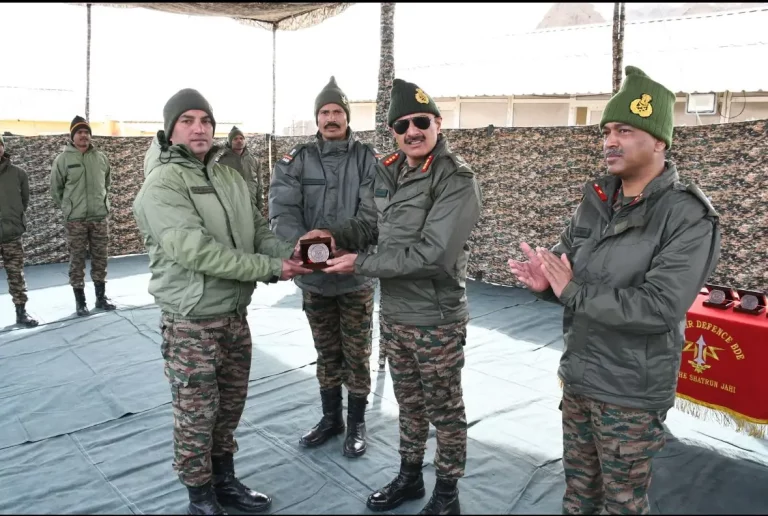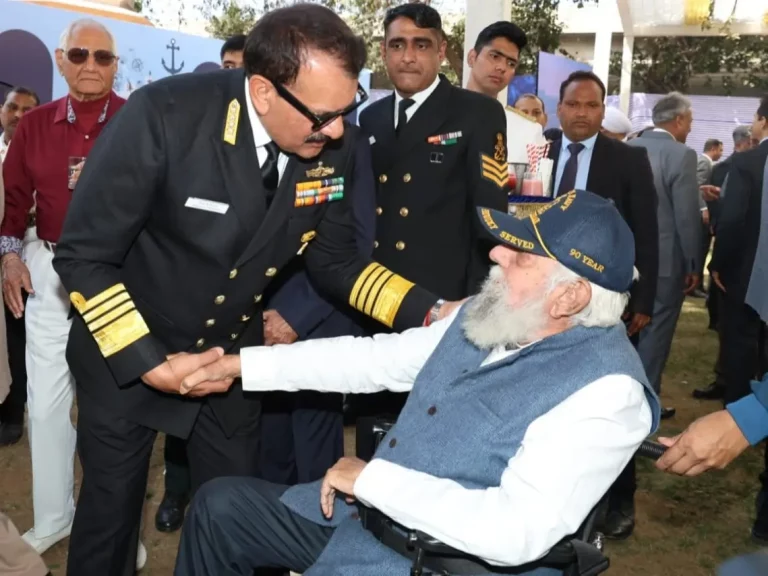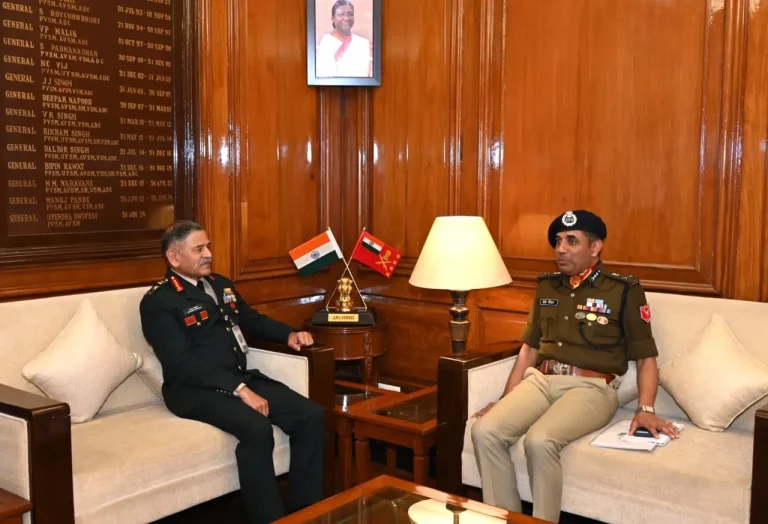Seven days have elapsed since BSF constable PK Sahu, assigned to the 182nd Battalion, was apprehended by Pakistan Rangers after unintentionally crossing the India-Pakistan border near Firozpur, Punjab. Despite ongoing dialogue between the two forces, Pakistani authorities have persistently refused to release him, citing the need to wait for “instructions from top officials.”
High-level sources indicate that the seven brief meetings, each lasting approximately 15 minutes, have concluded with a consistent rationale from the Pakistani side: they have yet to receive directives from higher authorities in Islamabad.
A senior BSF official commented, “We’re speaking to them daily, but the response remains unchanged—they say they’ve not received a green signal from their higher-ups.” The official noted that while the Pakistan Rangers claim to be following up on the matter, there has been no substantive action to facilitate Sahu’s return.
In the most recent meeting, held on Wednesday, the Pakistan Rangers reiterated their routine statement, expressing regret for the delay while emphasizing that no clearance has been issued from superiors.
Indian officials have highlighted that Sahu crossed into Pakistani territory by a mere 1–2 meters, a situation that typically could be resolved swiftly through mutual understanding. Historically, such unintentional border crossings have led to prompt and amicable handovers. However, the ongoing situation has persisted for a week without resolution, prompting concerns about a deliberate stalling tactic by Pakistan.
This deadlock occurs against a backdrop of heightened tensions between India and Pakistan following the April 22 Pahalgam attack in Jammu and Kashmir, where gunmen linked to Lashkar-e-Taiba’s affiliate, The Resistance Front (TRF), killed 26 individuals, including several foreign tourists.
In the wake of this incident, New Delhi has escalated its diplomatic and military stance, and analysts speculate that Pakistan’s reluctance to release the detained constable may have political implications.


